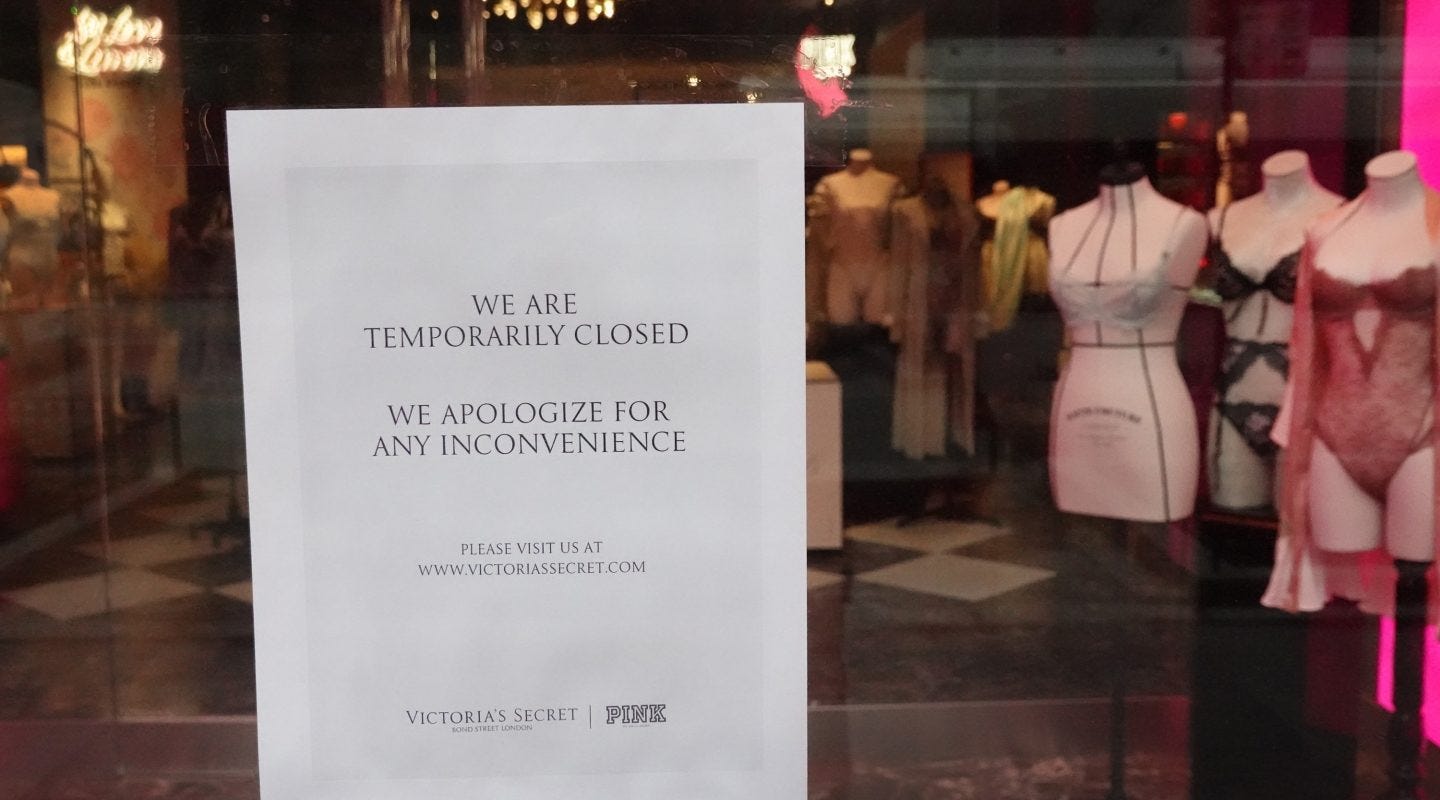A Safety Net for People, Not for Firms
We need a national discussion on the wisdom of government bailouts for businesses
By Matthew D. Mitchell and Tad DeHaven
Senate Majority Leader Mitch McConnell (R-KY) has stated his intention to quickly reach a bipartisan agreement on a massive legislative package aimed at helping businesses and workers hit by the COVID-19 virus. McConnell has said he hopes the legislation can be sent to the president as early as Monday.
In 2018, we wrote that “just as the bailouts of the ‘70s, ‘80s, and ‘90s begat the massive bailouts of the 2000s, the likelihood of further – and perhaps even larger – bailouts in the future remains disconcertingly high.”
Such a situation may now be upon us.
This time, however, firms are reeling from a global pandemic and from governments that have responded to it by ordering them to either close or drastically reduce their operations. That complicates matters because many businesses (and their employees) are facing a financial calamity through no fault of their own. But how exactly can policymakers best assist struggling firms in a rapidly evolving situation fraught with uncertainty?
A policymaker’s first concern should be for the rank-and-file employees who will be out of work even though they bear no responsibility for the actions of senior management or for the crisis itself. With this in mind, policymakers should be guided by the principle that safety nets should be for people, not for firms. Federal, state, local, and private programs already exist. These programs can and should be adjusted to provide aid to those who need it.
Labor and capital need to be able to go where they can do the most good for society. That is truer now than ever. At the moment, we need fewer waitress and bartenders, while we need more Amazon deliverers and grocery food processors. So, policymakers should be mindful that a safety net for a firm may discourage the sort of reallocation of labor that is desperately needed right now.
Meanwhile, it’s hard to feel any sympathy for corporations like Boeing that were already in dire straits due to years of mismanagement, dubious decision-making, and dependency on government-granted privileges. If it takes an unforeseen event like a pandemic to force certain businesses and industries to finally clean up their acts, so be it. Otherwise, it will only be a matter of time until taxpayers are asked to – yet again – step in.
And though it may be a tougher call, the federal government probably doesn’t owe anything to a company that experiences losses as a result of the virus itself (e.g., airlines and hotels that haven’t been shuttered by the government). It is certainly unfortunate, but risk is a part of doing business and firms should be encouraged to plan for it.
There are other ways that the federal government can assist struggling firms without slapdash bailouts. Here, the government’s approach should be the physician’s: first, do no harm. This means that policymakers should consider adjusting, suspending, or eliminating regulatory, trade, and tax provisions that limit the ability of a firm to remain a going concern.
Similarly, policymakers should avoid imposing requirements on firms (e.g., a $15 minimum wage, mandatory paid leave, etc.) that could make it harder to stay in business and exacerbate unemployment.
If the government ordered a company to shut or limit its operations, then it may owe it some compensation for the regulatory taking. As a fiscal matter, the federal government almost certainly can’t pay enough to make them whole, nor should it try. We should endeavor to follow what economist Friedrich Hayek called the generality rule: if we are going to compensate one company for a regulatory taking, we need to think in terms of compensating all similarly situated firms. Of course, a company that is the victim of a regulatory taking is also likely a victim of the virus itself and it is next to impossible to separate those out. We will need to get used to ambiguity.
In addition, we should recognize that it is state governments – not the federal government – that is ordering these business shutdowns. Ideally, it would be the responsibility of those state governments to compensate firms rather than have taxpayers in say, New Mexico, finance compensation for companies in, say, Pennsylvania. Here again, states should do no harm. They have the power to suspend or remove tax and regulatory provisions that hinder the ability of firms to best-adapt to market conditions.
If the federal government does end up bailing out certain industries there will need to be rules to contain the damage. Such rules should include time limits, benefit caps, and terms that are designed to limit the downside for taxpayers. Loans that will be paid back with interest are preferable to cash grants. Above all, the federal government should not take ownership stakes in private companies.
We appreciate that the COVID-19 pandemic has been a rapidly evolving situation that does not lend itself to weeks or months of legislative deliberation. That being said, it’s hard not to notice the speed with which dozens of trade groups delivered bailout “wish lists” to policymakers the second it became apparent that Washington would step in. And while pandemic-induced bailouts are less offensive than, say, the “too big to fail” bailouts we saw in the previous decade, it will nonetheless have the effect of strengthening the already problematic “bailout culture” that the federal government has cultivated over the last several decades.
When this pandemic passes, we need a national discussion on the wisdom of government bailouts and the need to develop market alternatives to help mitigate the need for them. We must also recognize that corporate executives bear a responsibility to help protect and sustain free and competitive market capitalism and to resist the inevitable advance of political capitalism.
Photo by Scott Olson/Getty Images News


